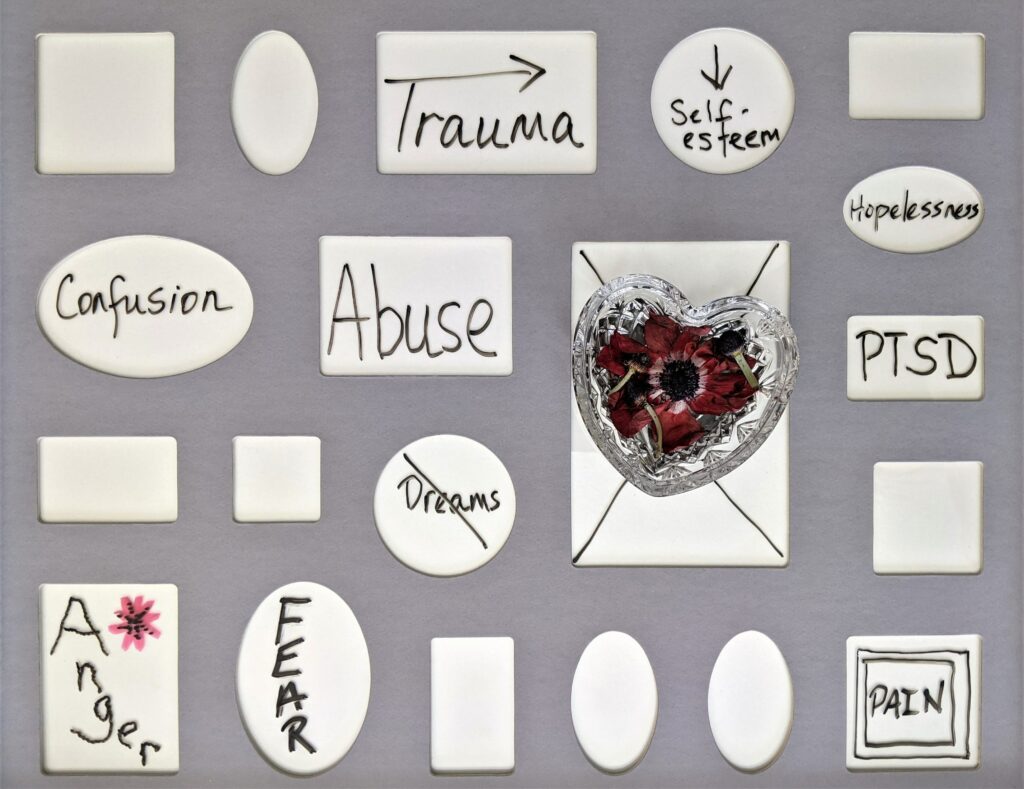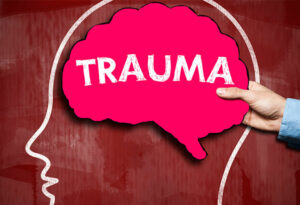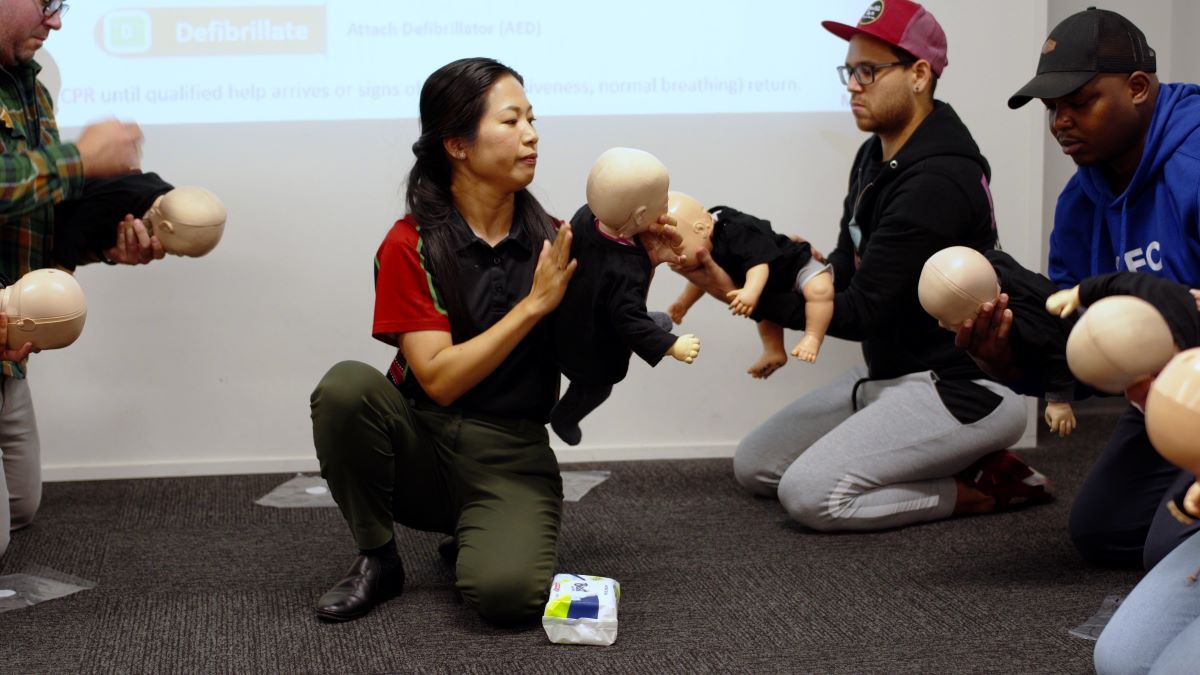Around 57-75% of Australians will experience at least one event that brings them trauma. Traumatic events are experiences that put you or someone you know at risk of severe harm or death.
Many people will experience trauma at some point in life. As a result, most of them will have half debilitating symptoms which can affect their lives. The good news is that mental health first aid interventions effectively prevent worsening conditions, avoiding any long-term effects.
What is Trauma?
Trauma refers to the emotional and psychological response to an event that is deeply distressing or upsetting. Posttraumatic Stress Disorder (PTSD) is a form of anxiety disorder that can develop after experiencing such events. These include being involved in an accident, having an illness or significant injury, losing a loved one, financial crisis, or going through a divorce. All these can trigger PTSD.
Trauma responses fall across a broad spectrum. For that reason, it is essential to dive in more about this topic. Here, we compiled five things you need to know about trauma.
- All trauma responses are unique.
While many react the same when faced with immediate danger, it will all vary in response. No responses are the same, even with your close family members. You have your definition of how a distressing event affects you. No one else can know how it feels to be in your place during this time.
That said, no experience will develop a traumatic stress response following an event. Many will recover over time without experiencing any lasting difficulties. At the same time, others can hit rock bottom after such an event. Those who have a trauma history are more likely to experience long-lasting effects, especially in children. Young children are more vulnerable and only have a few known coping strategies to cope with something traumatic.
- Women are twice likely to develop PTSD.
About 10% of women will experience PTSD, twice higher than 4% of men, according to the National Center of PTSD. Numerous research around PTSD has shown similar results. It is because of several factors.
Being a woman is associated with an increased risk of victimization and developing trauma response. Most women face additional discrimination or deprivation in gender inequality, racism, homophobia, and poverty. These variables eventually add up, which means women victimization becomes cumulative, resulting in trauma.
- Trauma affects a person’s mental health.
Traumatic events can have a long-lasting effect on one’s mental, physical, and emotional health. Experience of abuse and other factors puts people at risk of developing mental health conditions. It can result in anxiety disorders, depression, alcohol or drug misuse, borderline personality disorder, and more.
- Trauma affects both the mental and physical development of children.
A child’s brain is in a critical period of development in the first 1,000 days of life. Distressful events can bring a negative impact on certain areas responsible for forming cognitive functions. Repeated or prolonged trauma exposure is related to poor early childhood brain development.
- Trauma response requires self-care.
After any dreadful experience, it is crucial to take good care of your health and well-being. Take a break and spend some time away to deal with the experience. For faster improvement, try and keep a healthy diet and stay away from alcohol and drugs.
What To Do After a Traumatic Event
Know your resources after facing a distressing event or being diagnosed with PTSD. You can turn to others for support. If you have the capability, look after your health and well-being. If symptoms are severe and begin to interfere with your day-to-day life, it is best to get professional help as soon as possible. Know what steps to take following a traumatic event in a Mental Health First Aid course.
You can also learn more about abuse, trauma, and other mental health condition in our blog section.








